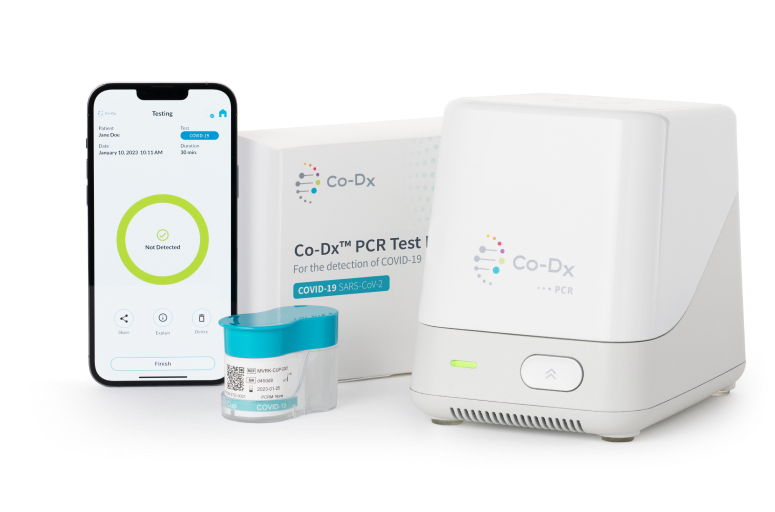Co-Primers™ —
a new class of primer technology
Expanding on the advancements of PCR technology

The Co-Dx™ difference
Co-Dx delivers fast, accurate PCR testing powered by Co-Primers technology. Our Co-Primers technology includes the use of cooperative primers sometimes in combination with other types of primers or probe designs, and is the first PCR technology of its kind to help prevent primer dimer propagation during nucleic acid amplification. In multiplexed reactions where large numbers of primers increase the probability of primer dimer formation, enhanced specificity is particularly important.
Click here to read the original publication in The Journal of Molecular Diagnostics
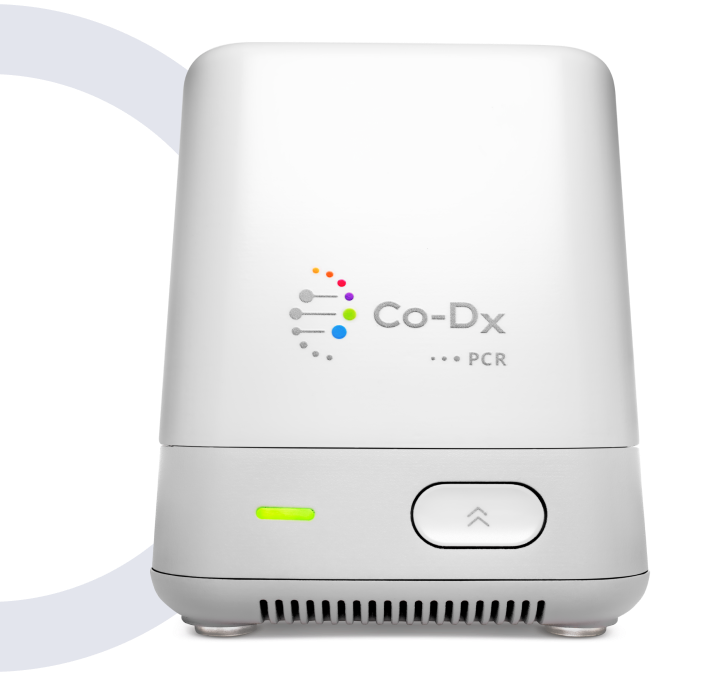
Raising the bar for multiplex PCR testing
The groundbreaking invention of PCR revolutionized molecular biology and it quickly became indispensable to science and clinical diagnostics. Advancements like real-time PCR further enhanced the technology to extend its utilization. More recently, multiplex PCR has emerged as a key tool for diagnostic testing.
Co-Primers by Co-Dx is a new class of primer technology that uses a novel architecture to help combat some common issues that can plague multiplex PCR. The unique Co-Primers design reduces primer dimer propagation.
Narrowing the temperature range of PCR cycles, which can lead to a faster time to result
How it works
In a traditional primer process, a pair of primers hybridizes with the sample DNA or RNA sequence and defines the region that will be amplified.
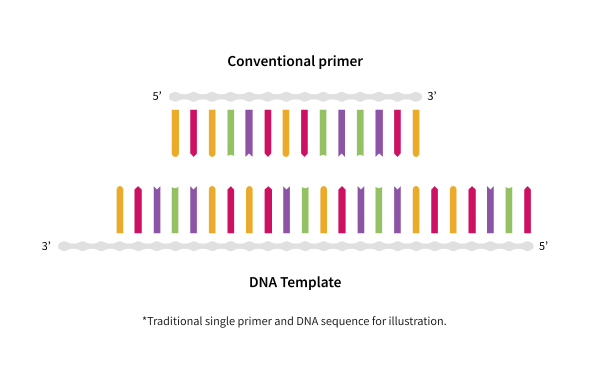
In a Co-Primers process, the PCR primer is divided into two segments separated by a PEG (polyethylene glycol) linker. Both the capture sequence and the priming sequence must cooperate in order to bind to the DNA or RNA target in order to amplify the intended region. Primer dimers are not propagated because they cannot hybridize to the capture region.
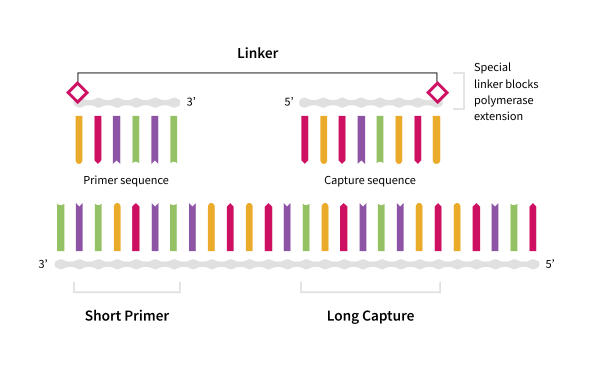
Additionally, Co-Primers assays can simplify real-time PCR that utilize TaqMan hydrolysis probes chemistry. The TaqMan hydrolysis is probe is built into the capture sequence, thereby reducing the complexity of the PCR assay reaction.
With Co-Primers technology, primer sequences are short and ordinarily would not amplify the target or primer dimers. They are also compatible with melting analysis using double-stranded DNA dyes (alone or in combination with acceptor dyes on the primer sequence of the Co-Primers system).
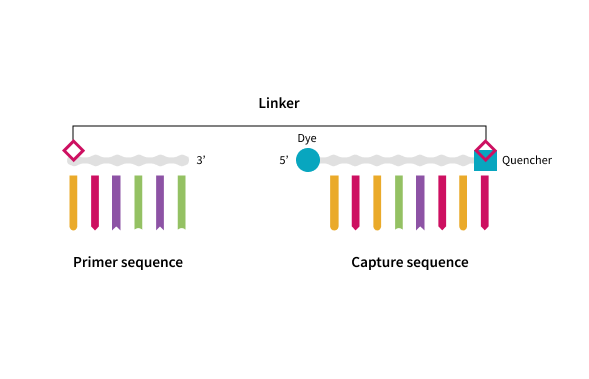
Multiplex PCR: One test, multiple targets


What is real-time PCR?
More from Co-Dx


